Reasons To Not Miss Anemia Test
Here are some reasons why you might need an anemia test:
Commonly called the male ‘sex’ hormone, Testosterone is produced by the testicles, also called testes that produce the sperm (the male reproductive cell). The testes are a major part of the male reproductive system. Further, in females, it is produced by the ovaries, a major component of the female reproductive system, that is also responsible for producing eggs (the female reproductive cells.) But these are not the only producers of the hormone.
On top of each kidney, the adrenal gland which also makes several other hormones, produces testosterone, adding to the quantity.
The regulation of testosterone levels in the body is overseen by the pituitary gland. In instances of low testosterone levels, the pituitary gland secretes a hormone known as luteinizing hormone (LH), which signals the testicles to produce more testosterone.

Our one-stop solution for medical laboratory tests at home in Dubai integrates the clinical assessment, diagnosis, and treatment cycle anywhere in Dubai within minutes from your call.
Our focus is in on outstanding accuracy and clinical compliance coupled with fast availability and affordability.











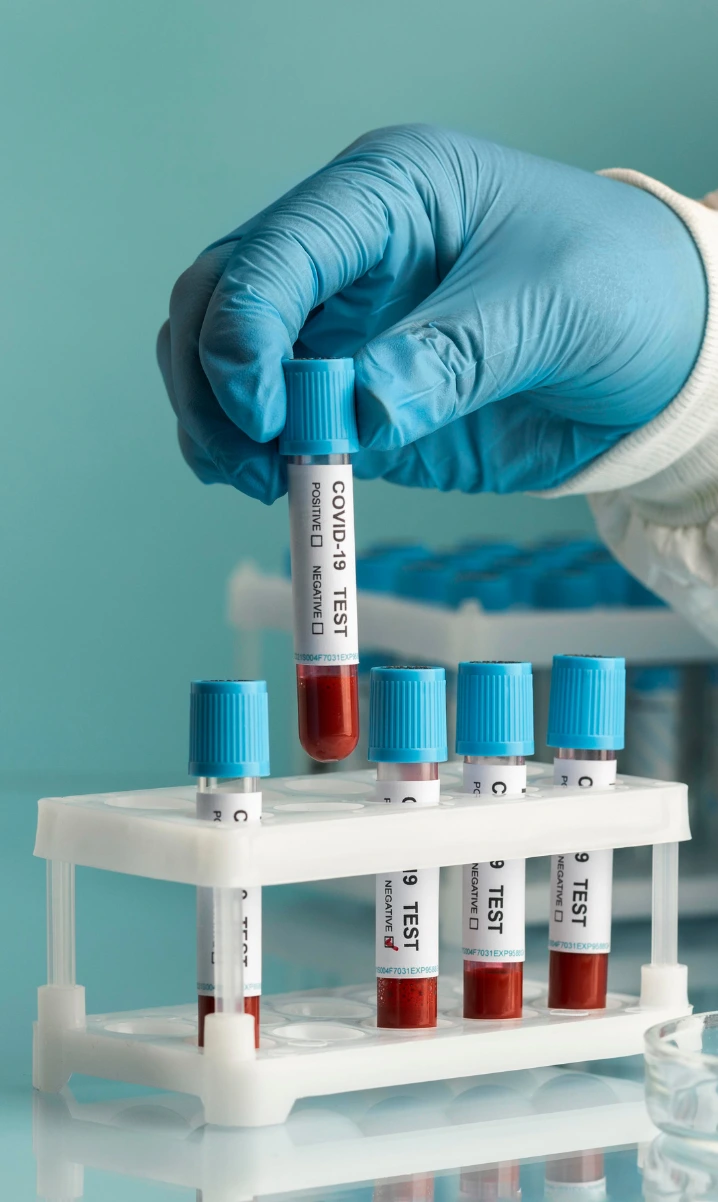
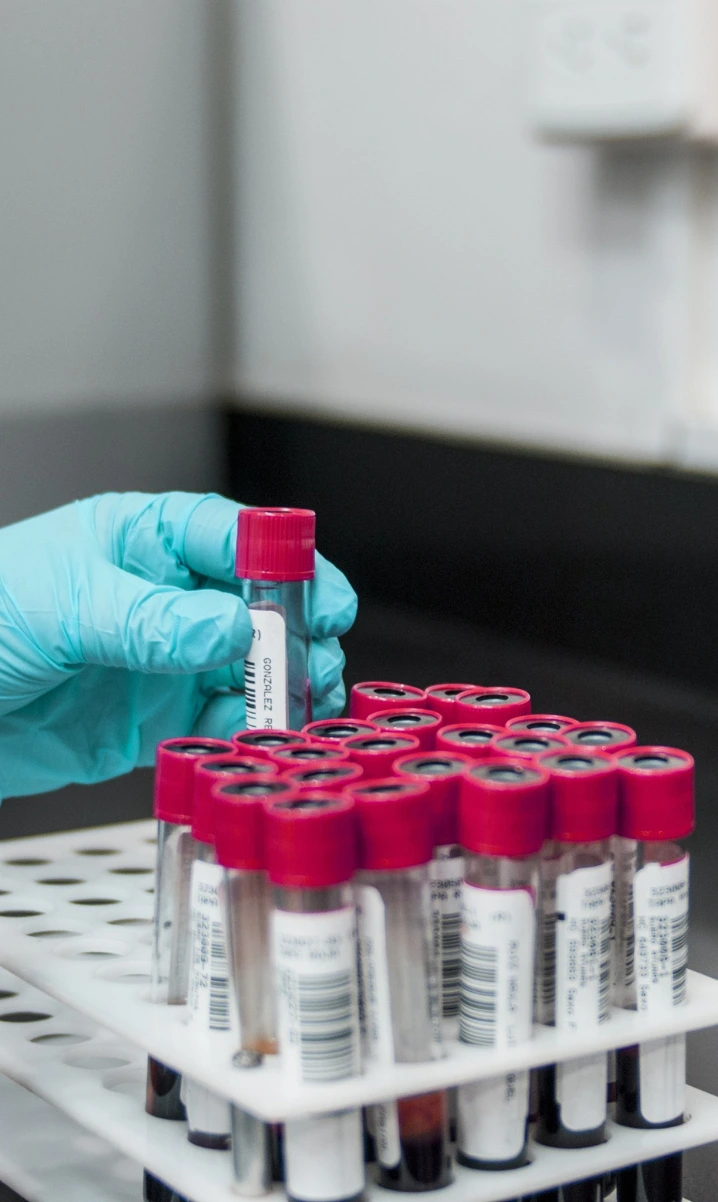
We execute any custom prescription from your doctor upon request.
We are fully licensed to issue e-prescription for medicine and arrange the delivery of your medication.
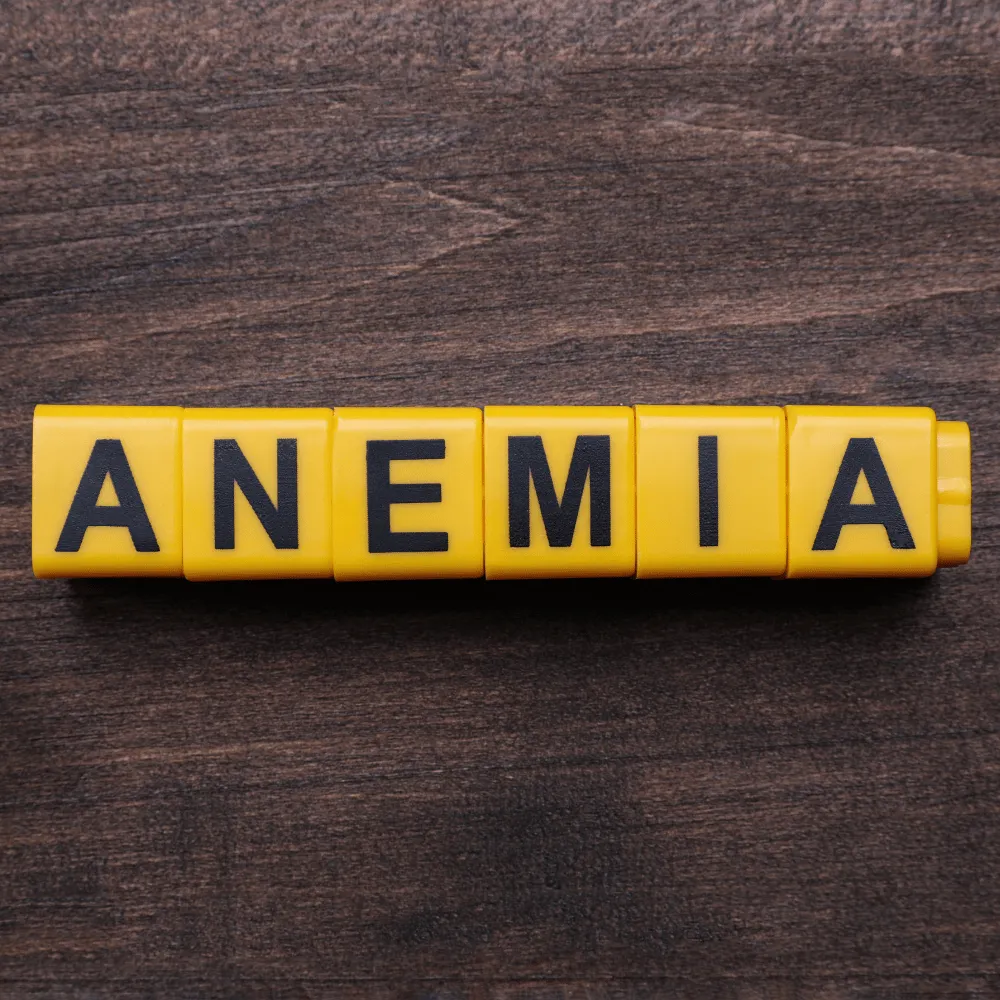
It’s important to note that self-diagnosis based on symptoms or at-home tests may not be accurate, and consulting with a healthcare professional is crucial for a proper diagnosis and appropriate treatment.
If you suspect you have anemia, or if you are experiencing symptoms such as fatigue, weakness, pale skin, and shortness of breath, seek medical advice for a thorough evaluation. Here Vesta Care at-home healthcare experts can help you. Just call us and schedule your online appointment today.
Anemia tests are conducted to determine whether you have an insufficient amount of red blood cells (RBCs) or a low level of hemoglobin in your blood. These tests are essential because anemia can affect your overall health and well-being, leading to various symptoms and potential complications.
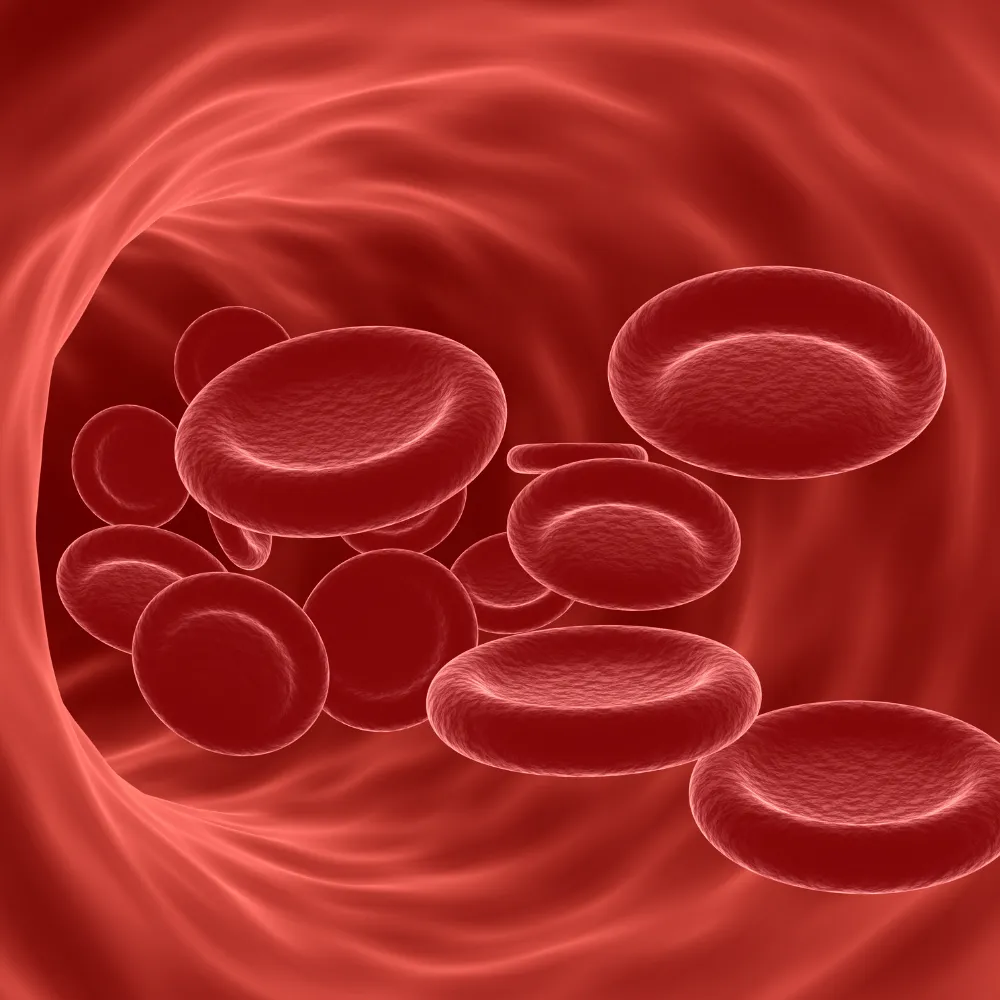
Here are the key components of a CBC related to anemia:





Here are some reasons why you might need an anemia test:
If you are experiencing symptoms associated with anemia, such as fatigue, weakness, pale skin, shortness of breath, dizziness, or irregular heartbeat, your healthcare provider may recommend an anemia test to investigate the underlying cause
Anemia may be detected during routine blood tests as part of a general health check-up. Many healthcare providers include a Complete Blood Count (CBC) in routine blood work to assess various blood components, including red blood cells and hemoglobin.
Certain chronic health conditions, such as inflammatory disorders, chronic kidney disease, or autoimmune diseases, can contribute to anemia. Monitoring blood counts regularly may be part of managing these conditions
Anemia can result from nutritional deficiencies, such as iron deficiency, vitamin B12 deficiency, or folate deficiency. If you have a diet lacking in these essential nutrients, an anemia test can help identify the cause.
If you have a family history of inherited anemias, such as sickle cell anemia or thalassemia, your healthcare provider may recommend testing to assess your risk.
In women, heavy menstrual bleeding can contribute to iron-deficiency anemia. If you have a history of heavy periods, your healthcare provider may recommend anemia testing.
Anemia is relatively common during pregnancy, and healthcare providers often monitor hemoglobin levels to ensure the well-being of both the mother and the developing baby.
Identifying and treating anemia is crucial because low levels of red blood cells or hemoglobin can lead to decreased oxygen delivery to tissues and organs, impacting overall health and daily functioning.
If your healthcare provider suggests an anemia test, it’s important to follow their recommendations and discuss any concerns or symptoms you may be experiencing. Early detection and appropriate management can help address the underlying cause and improve your overall health and quality of life.
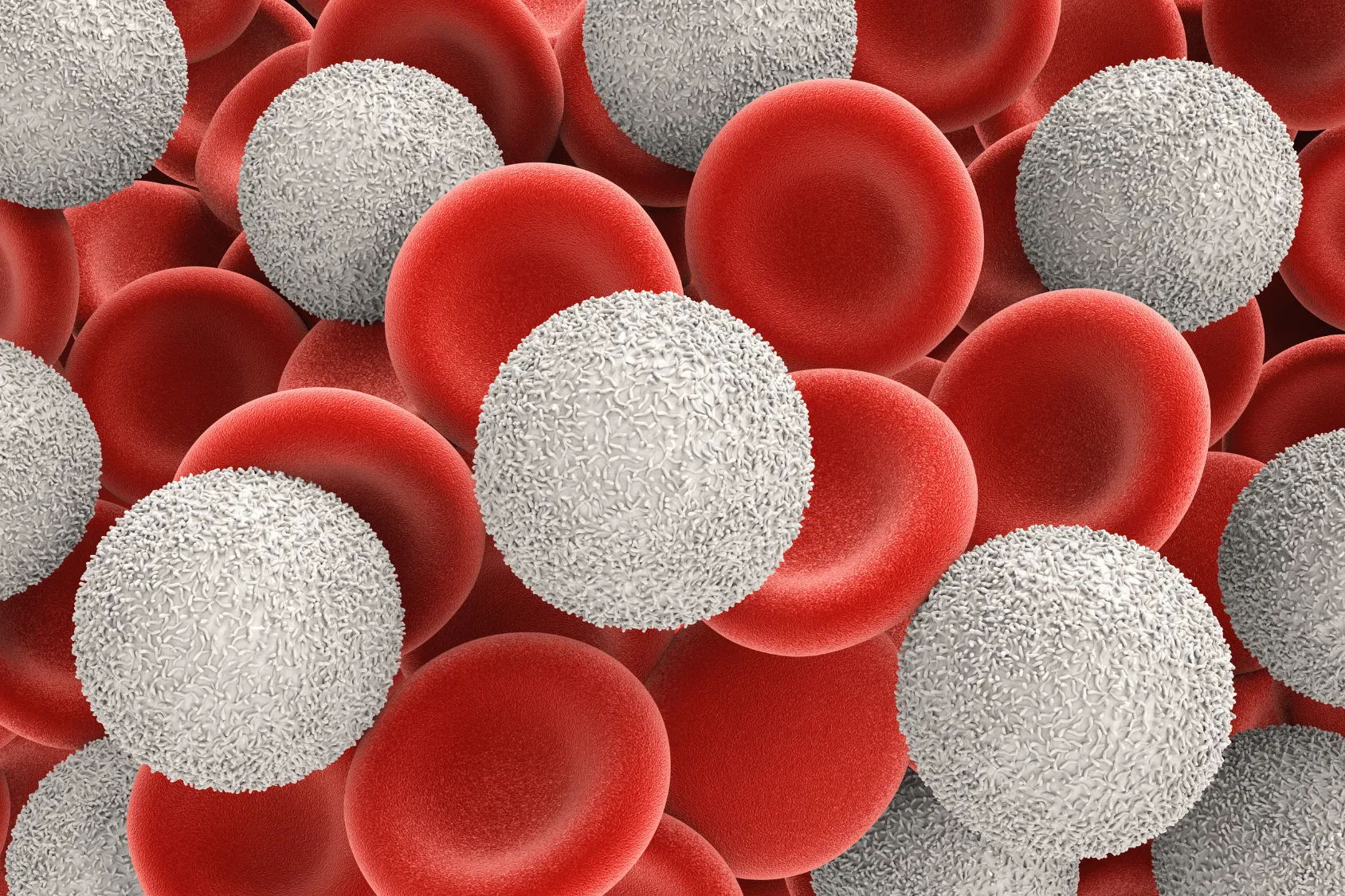
If a CBC indicates the possibility of anemia, further tests may be conducted to determine the underlying cause. These additional tests may include
To assess iron levels in the blood.
Deficiencies in these vitamins can lead to certain types of anemia.
A microscopic examination of blood cells to look for abnormalities.
In some cases, a sample of bone marrow may be taken for a more detailed analysis.

Not consuming enough iron-rich foods, such as red meat, poultry, fish, beans, lentils, and iron-fortified cereals, can lead to a lack of iron.
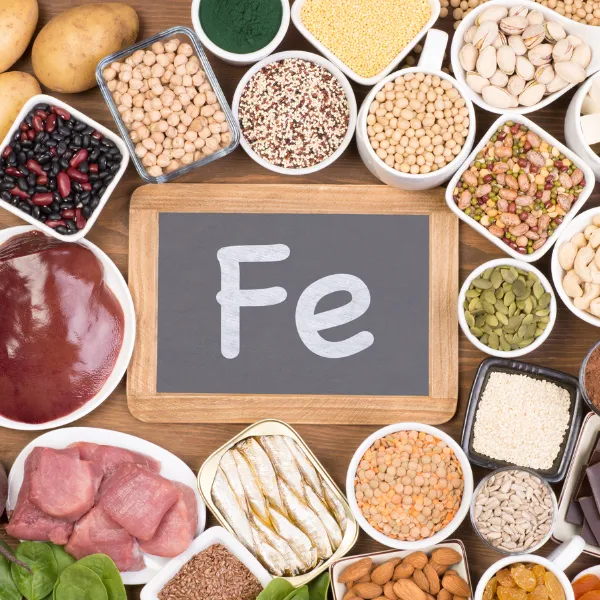
Some conditions, such as celiac disease or inflammatory bowel diseases, can interfere with the absorption of iron from the digestive tract, even if an individual consumes an adequate amount of dietary iron.
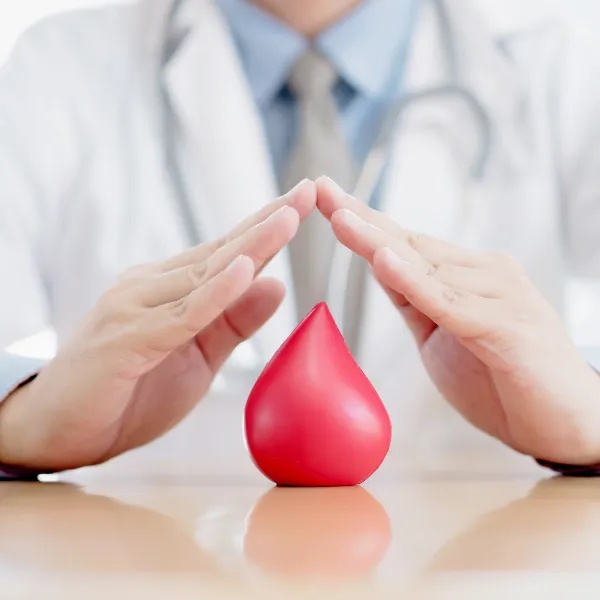
Chronic or acute blood loss, such as from heavy menstrual periods, gastrointestinal bleeding, or surgery, can deplete iron stores and lead to anemia.

Pregnancy and rapid growth during childhood, may increase the body's iron requirements. If these increased needs are not met through diet or supplements, anemia can develop.
The symptoms of iron deficiency anemia may include fatigue, weakness, pale skin, shortness of breath, dizziness, and cold hands and feet. Diagnosis is typically made through blood tests, including a Complete Blood Count (CBC) and iron studies.
Treatment for iron-deficiency anemia involves addressing the underlying cause of the iron deficiency and replenishing iron stores. This may include dietary changes, iron supplements, and treating any conditions that contribute to poor iron absorption or increased iron loss.
It’s important to note that while iron deficiency is a common cause of anemia, there are other types of anemia with different underlying causes, such as




It’s important to note that the severity of anemia and its impact on health can vary widely based on factors such as the underlying cause, overall health, age, and other individual factors.
Most cases of anemia are treatable, especially when the underlying cause is identified and addressed.
Treatment may involve dietary changes, iron or vitamin supplementation, medications, or other interventions depending on the specific type of anemia. Regular monitoring and follow-up with a healthcare provider are crucial to managing anemia effectively.
If you suspect you have anemia or are experiencing symptoms associated with it, it’s essential to seek medical attention for proper diagnosis and guidance on appropriate treatment. Early detection and intervention can significantly improve outcomes and prevent the progression of complications.





Our medical team and our referral medical laboratory are working 24/7 for 365 days in any year and are both located in Dubai. Your samples are collected and transported around the clock within the DHA guidelines for sample transportation and storage and the tests are executed, in-house and in Dubai. We perform these services in-house and in Dubai and these are the factors that guarantee our results turn-around times!
Your results are validated by our Clinical Pathologists and Laboratory technicians and clinically correlated before being released by our Medical Laboratory in Dubai. Your reports will be indicating the ranges as well as the meaning of this ranges in accordance with quality accreditation requirements. Still, us not being intermediaries, our Doctors and clinicians are available to you for a medical evaluation of your results or cover any queries and concerns you might have.
We are a DHA licensed medical provider, equipped with the required approvals to perform these services while our medical staff is licensed by DHA and trained to perform these services. Additionally, our medical laboratories are Licensed and Accredited to perform these tests, in compliance with highest international clinical standards. These two, safeguard the end-to-end compliance, accuracy and reliability of the testing at Home.
Simply, we do not rely on intermediaries. We own and operate ALL assets involved in the process, end-to-end. From our direct patient CRM, to our licensed sample collection facilities and the analysis in our affiliated medical laboratory. We are clinicians we over 20 years presence in the community.
There can be substantial health hazards of performing medical acts without involving a licensed medical facility with licensed practitioners. We, at Vesta Care, carry all the required licenses, trained and licensed medical staff, as well as the required insurances to ensure a smooth experience and clinically robust medical act, bringing standards that are followed by the world’s most reputable facilities, are accredited by quality bodies and licensed by the local authority in Dubai.
When you have a trusted medic at your service you can easily talk about your concerns and seek help. Our experts not only take care of hygiene and ensure that our patients are in check with international medical procedures. After confirming anemia deficiency we also encourage you to intake iron supplements. All of this with continuous support will not only improve your health but also let you be fit.
A vegan diet can help address iron-deficiency anemia, but it requires careful planning to ensure an adequate intake of iron. Plant-based sources of iron are available in various vegan foods, but the type of iron found in plants (non-heme iron) is not as easily absorbed by the body as the iron from animal products (heme iron). Therefore, individuals following a vegan diet need to pay attention to their iron intake and incorporate a variety of iron-rich plant foods into their meals.
Here are some plant-based sources of iron:
1. Legumes: Lentils, chickpeas, black beans, and other legumes are good sources of non-heme iron.
2. Leafy Greens: Spinach, kale, Swiss chard, and other leafy greens contain non-heme iron.
3. Nuts and Seeds: Pumpkin seeds, sunflower seeds, almonds, and cashews are examples of nuts and seeds rich in iron.
4. Whole Grains: Quinoa, fortified cereals, and whole grains like brown rice and oats can increase iron intake.
5. Dried Fruits: Apricots, raisins, and dried figs are fruits with relatively high iron content.
6. Tofu and Tempeh: These plant-based protein sources also contain iron.